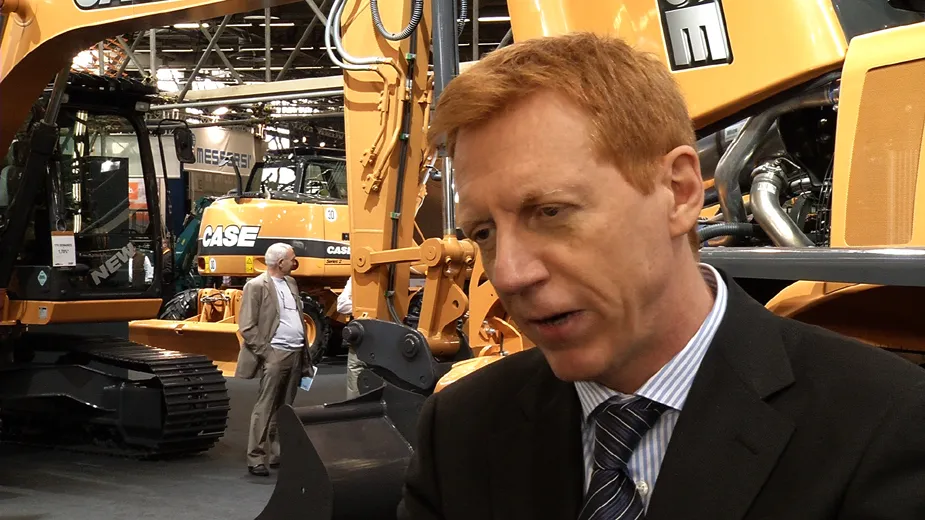“Today, everything is about RAP,” says Intrame CEO Antonio Morón Hodge. “Customers are interested in the ability to add more RAP, to use lower temperatures and to mix with bitumen foaming emulsion.”
The plants have longer drying drums to allow a higher proportion of RAP, up to 50%, to be introduced into the mix. And, as with all Intrame’s continuous plants, the Flow-Mix range has a separate mixer – rather than relying on mixing everything in the drum – because this leads to a more homogenous mix and hence a better quality of pavement, says Hodge.
On display at Intrame’s Intermat stand was the 140-tonne-per-hour Flow-Mix 140 continuous plant, together with its recently-developed Asflow 20 control system, which can be used for both continuous and batching plants. The manufacturer has sold two such plants to date, one to a customer in Burkina Faso, the other to Mauritania.
Intrame is currently targeting markets in Africa and South America, says Hodge: “We have increased our presence in South America with a new network of dealers. And with recent deals in South Africa and Australia, we are increasing our presence globally.”
Intrame extends its range of RAP-friendly continuous plants
Spanish asphalt plant manufacturer Intrame has now developed its full range of Flow-Mix continuous plants, from 100 to 400 tonnes, to take up to 50% reclaimed asphalt pavement (RAP).
“Today, everything is about RAP,” says Intrame CEO Antonio Morón Hodge. “Customers are interested in the ability to add more RAP, to use lower temperatures and to mix with bitumen foaming emulsion.”
April 26, 2018
Read time: 2 mins
Spanish asphalt plant manufacturer 246 Intrame has now developed its full range of Flow-Mix continuous plants, from 100 to 400 tonnes, to take up to 50% reclaimed asphalt pavement (RAP).






